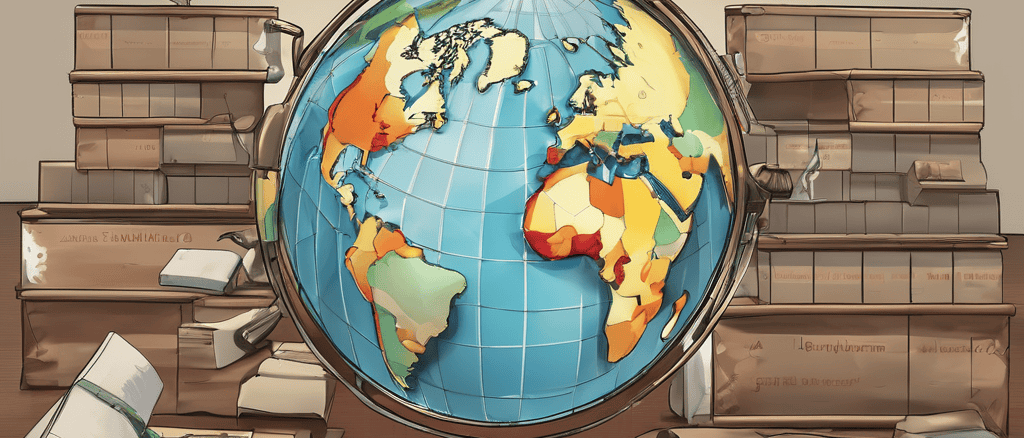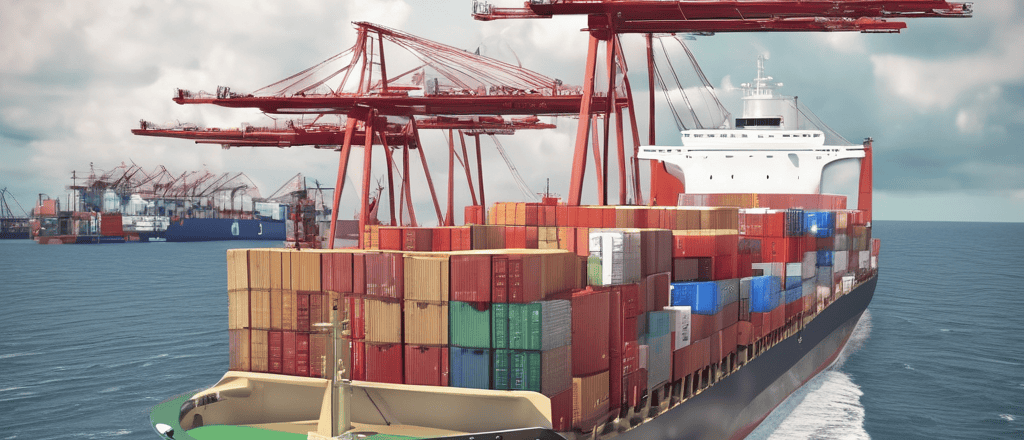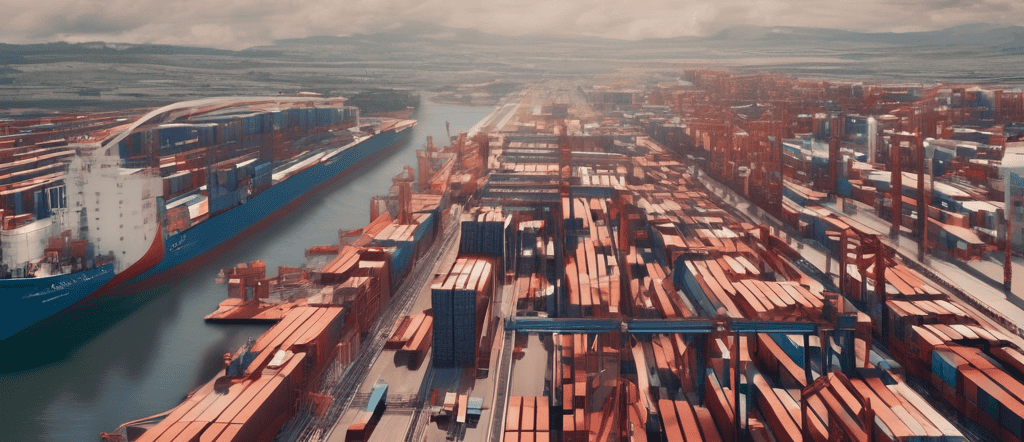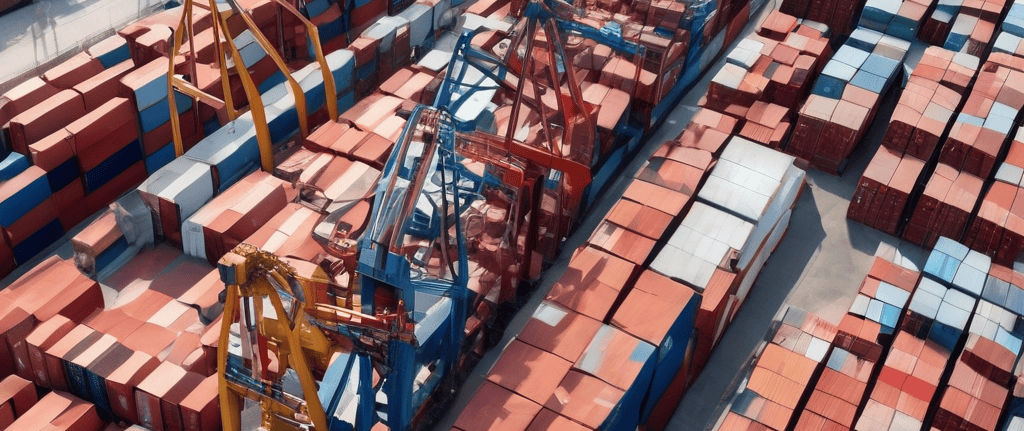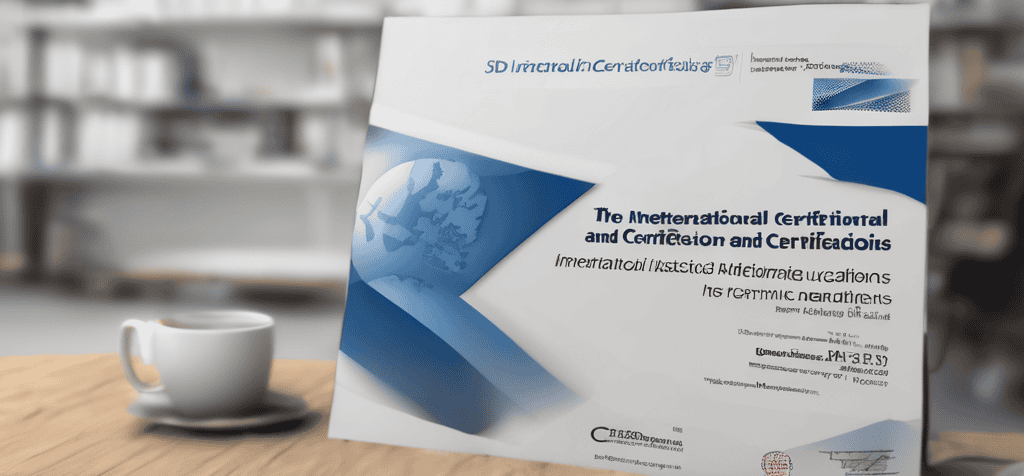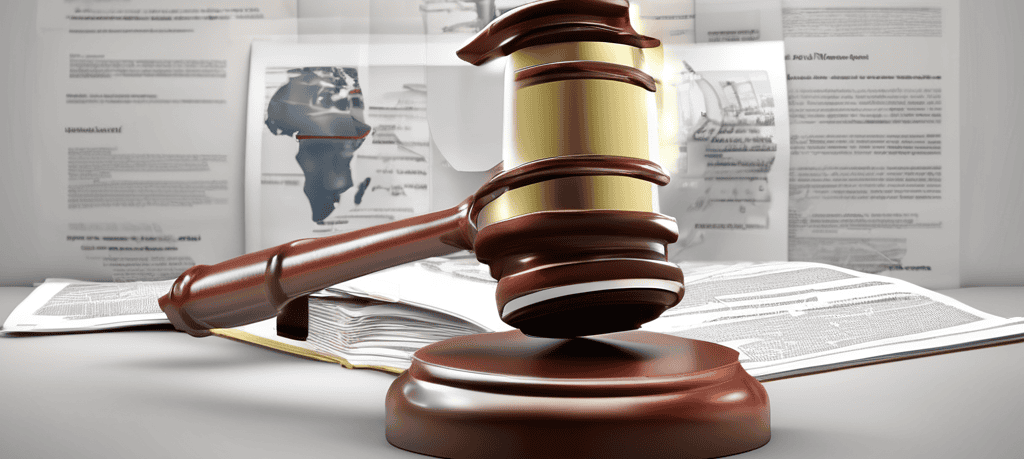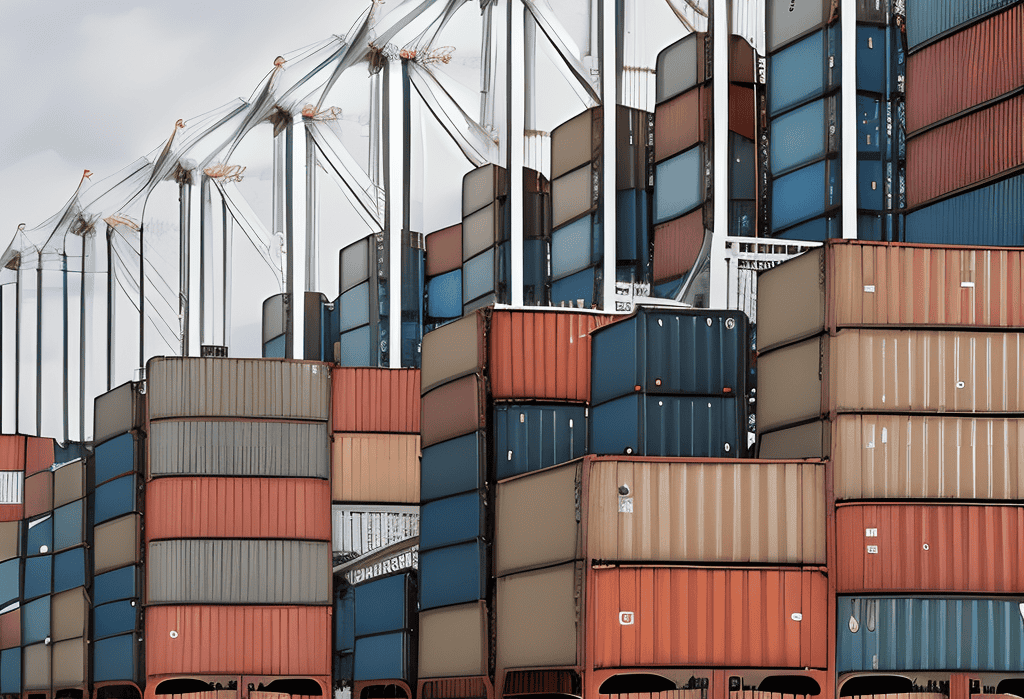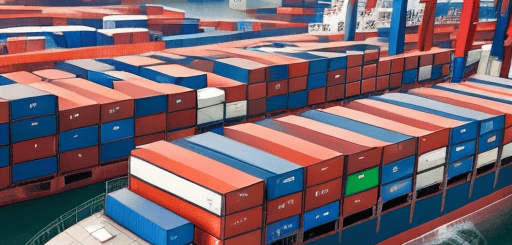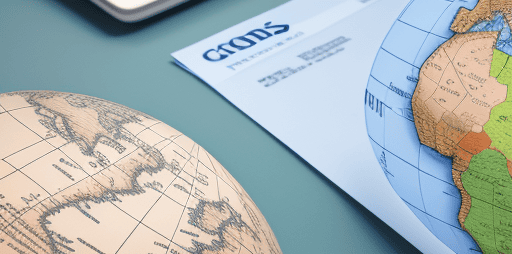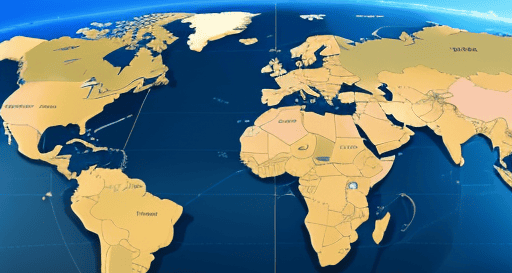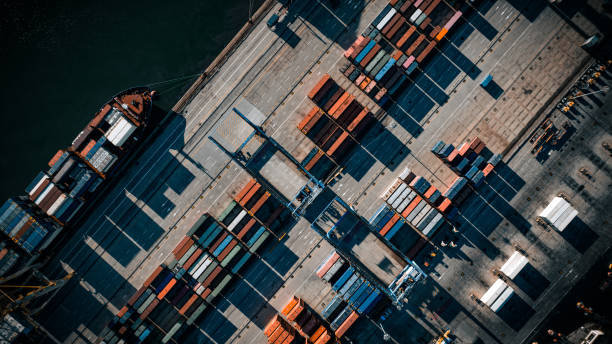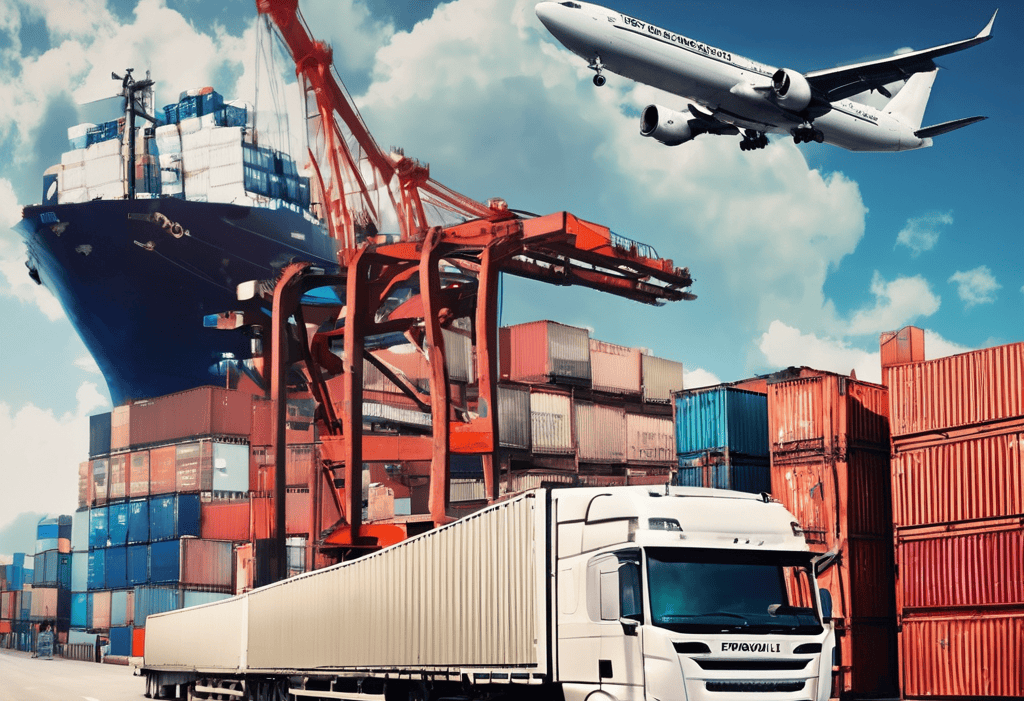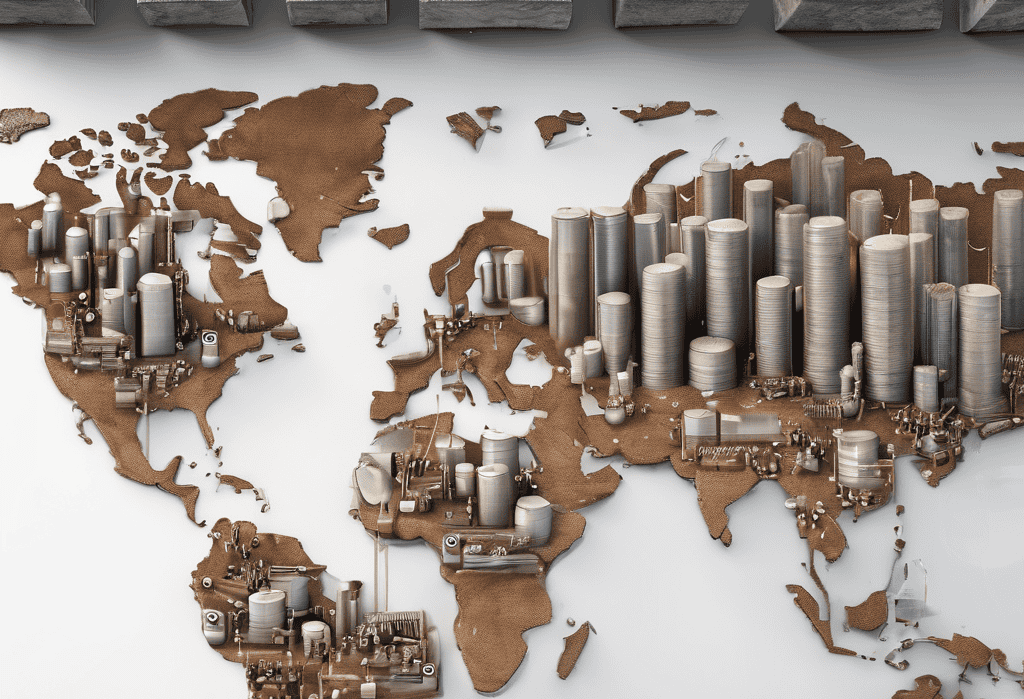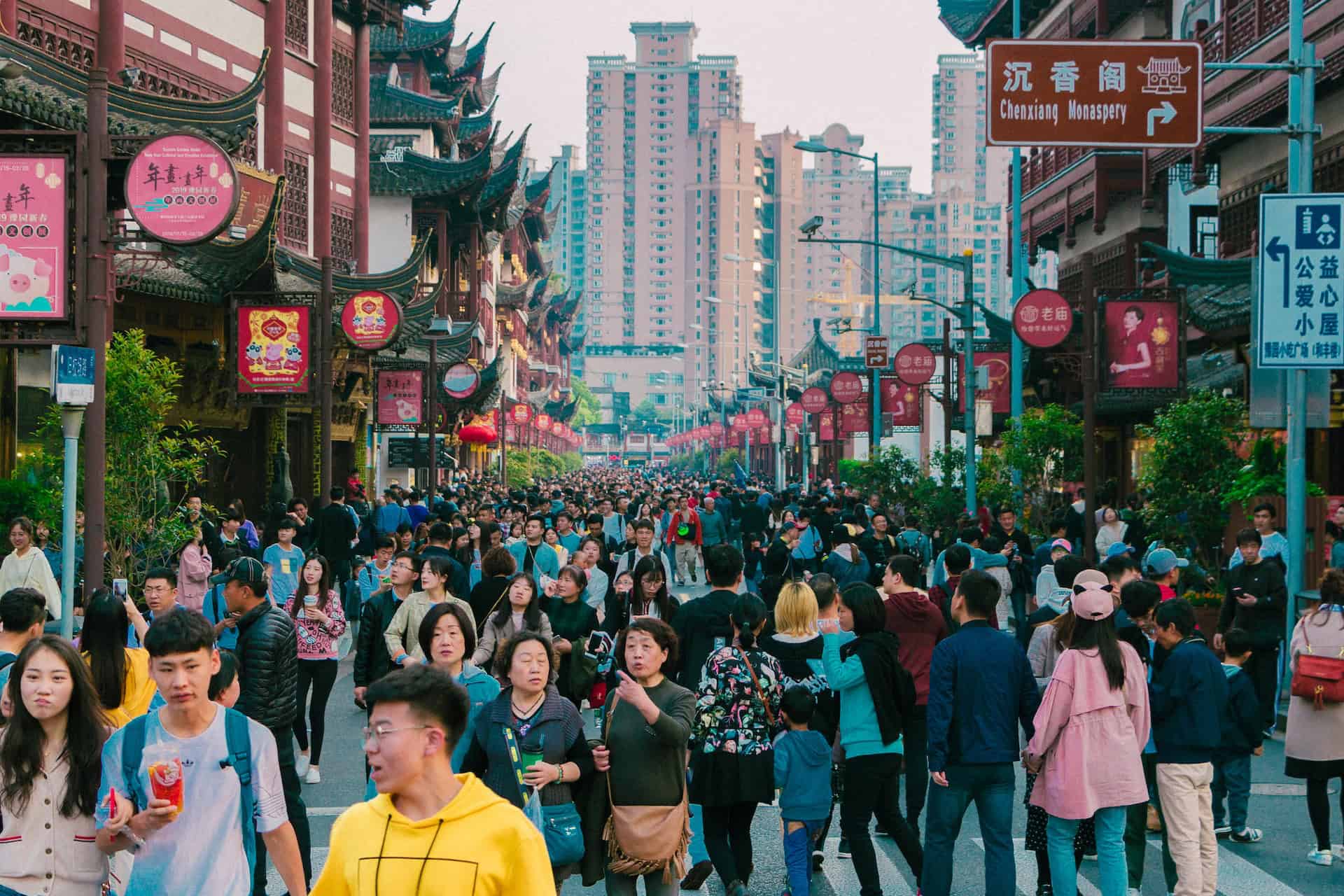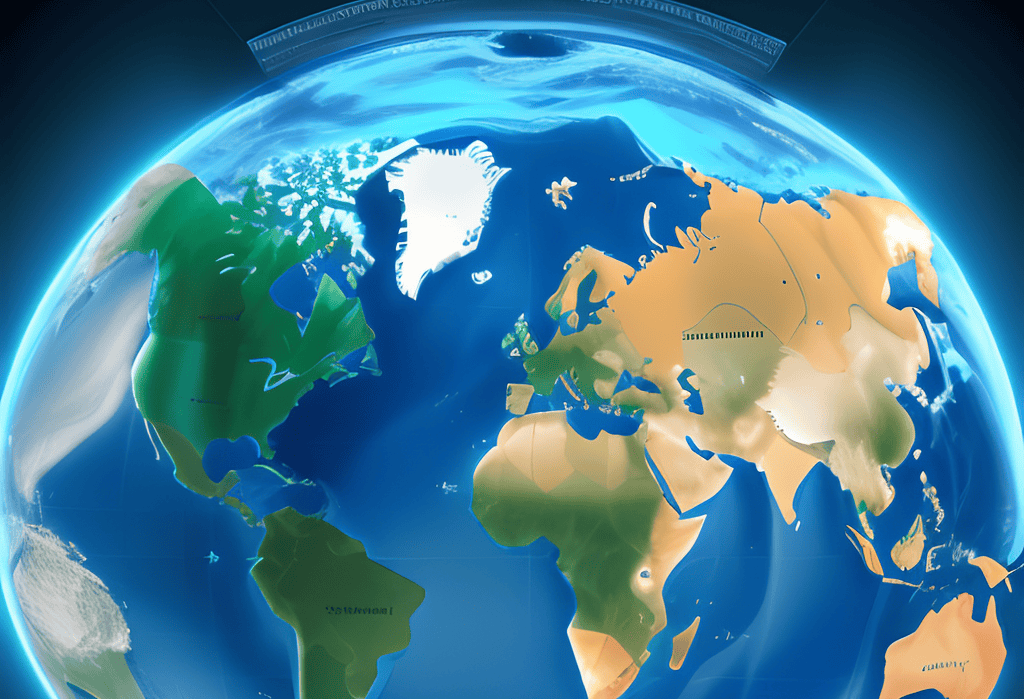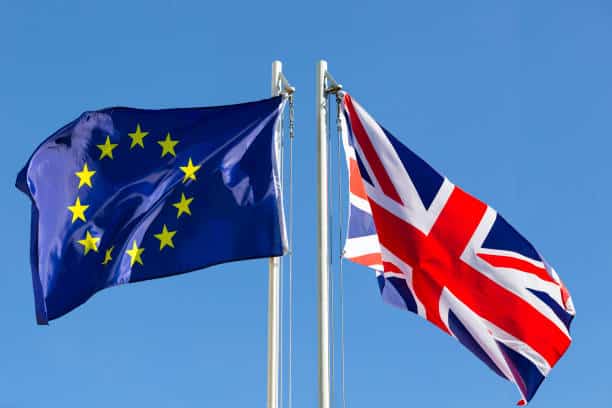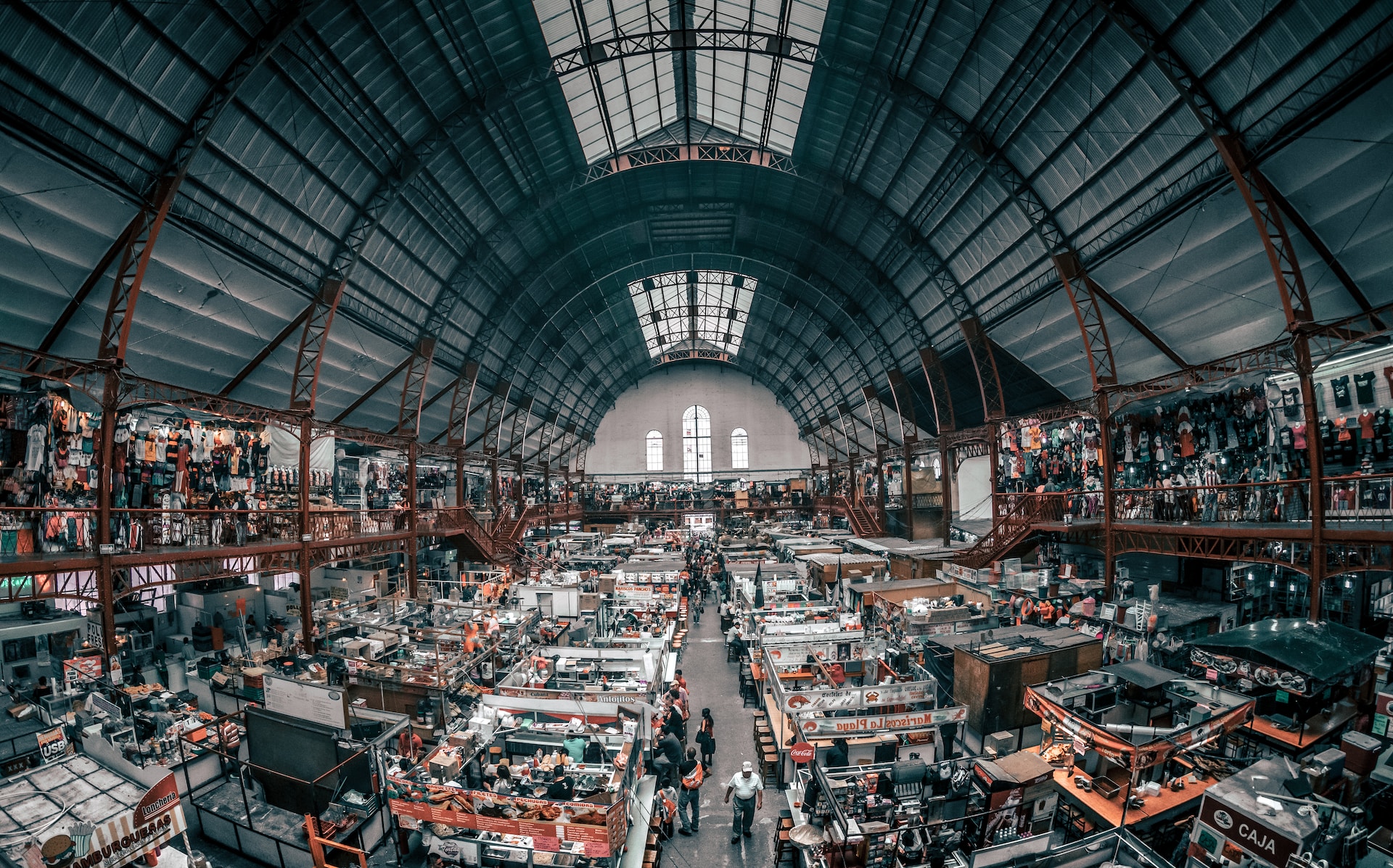International trade law provides a vital framework for regulating global trade, ensuring fairness, predictability, and stability. The World Trade Organization (WTO), trade agreements, customs procedures, dispute settlement mechanisms, and intellectual property rights protection all play critical roles in governing international trade. Understanding the basics of international trade law is essential for businesses, governments, and stakeholders involved in cross-border trade. Adhering to international trade rules promotes economic growth, facilitates market access, and fosters cooperation among nations.
World Trade Organization (WTO)
The World Trade Organization (WTO) is the primary international organization responsible for regulating global trade. Established in 1995, the WTO provides a forum for negotiating trade agreements, resolving trade disputes, and promoting the liberalization of trade.
Currently, the WTO has 164 member countries, representing over 98% of global trade. Its primary agreements, such as the General Agreement on Tariffs and Trade (GATT) and the Agreement on Trade-Related Aspects of Intellectual Property Rights (TRIPS), provide a basis for international trade rules and disciplines.
Trade Agreements
Trade agreements play a crucial role in shaping international trade rules and facilitating economic integration among countries. These agreements establish the terms and conditions for trade in goods and services, investment, and intellectual property rights protection.
Prominent trade agreements include:
- Free Trade Agreements (FTAs): FTAs eliminate or reduce trade barriers such as tariffs and quotas between participating countries. Examples include the North American Free Trade Agreement (NAFTA), now replaced by the United States-Mexico-Canada Agreement (USMCA), and the Comprehensive and Progressive Agreement for Trans-Pacific Partnership (CPTPP).
- Regional Trade Agreements (RTAs): RTAs are agreements among a group of countries within a specific region to promote trade and economic cooperation. The European Union (EU) is an example of a regional trade bloc with extensive integration and harmonization of trade rules among its member states.
Customs Procedures and Tariffs
Customs procedures are essential for regulating the movement of goods across borders. Customs administrations enforce various requirements, including tariff classification, valuation, origin determination, and customs documentation.
Tariffs are taxes imposed on imported goods to protect domestic industries, regulate trade, and generate revenue. Tariff rates vary depending on the goods and the countries involved. The WTO provides a platform for negotiations to reduce tariffs and establish a fair and transparent tariff regime.
Dispute Settlement Mechanism
The dispute settlement mechanism is a vital component of international trade law. It provides a process for resolving trade disputes among member countries in a fair and impartial manner.
The WTO's Dispute Settlement Body (DSB) administers the dispute settlement process, which involves consultation, adjudication by panels and the Appellate Body, and the implementation of rulings. This mechanism ensures that trade disputes are resolved according to established rules and helps maintain a predictable and rules-based trading system.
Intellectual Property Rights (IPR) Protection
Intellectual Property Rights (IPR) protection is crucial in international trade to promote innovation, creativity, and fair competition. It includes patents, trademarks, copyrights, and trade secrets.
The Agreement on Trade-Related Aspects of Intellectual Property Rights (TRIPS), under the WTO, sets minimum standards for IPR protection and enforcement. It aims to strike a balance between promoting innovation and ensuring access to essential goods and services, such as medicines.
Read more views






















